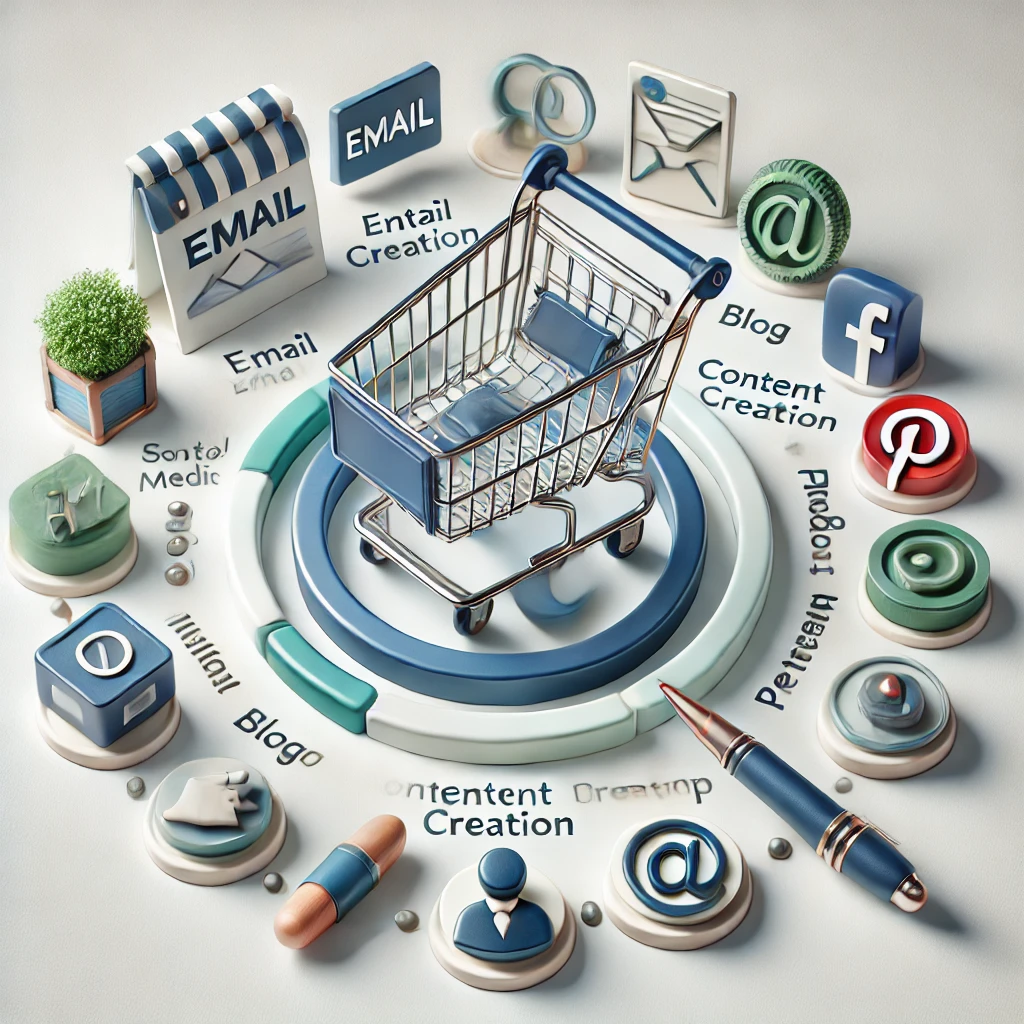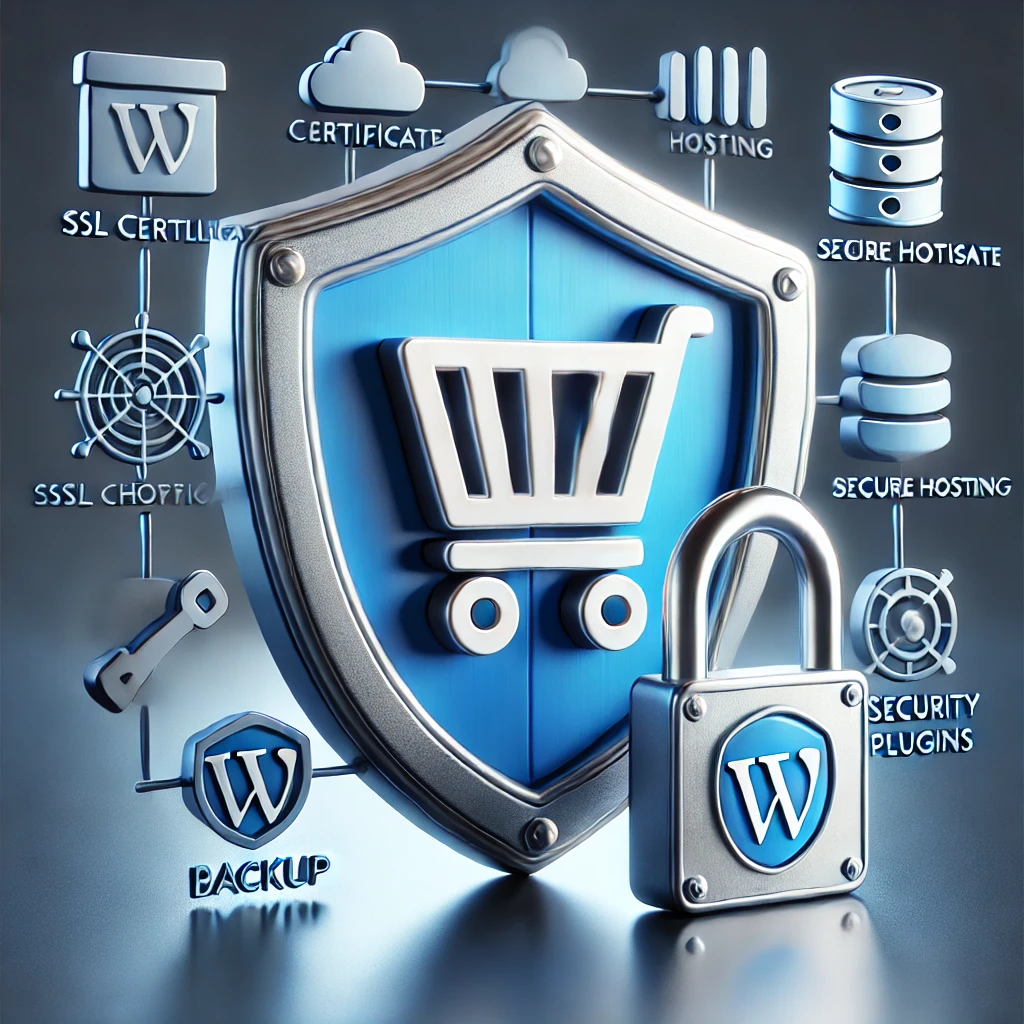
WooCommerce, a powerful eCommerce platform built on WordPress, allows businesses to sell products and services online with ease. While WooCommerce is feature-rich on its own, integrating third-party services and APIs can significantly enhance the functionality of an online store. These integrations help automate tasks, streamline operations, and offer a superior customer experience. Below are some of the key benefits of integrating third-party services and APIs with a WooCommerce store, focusing on payment processing, shipping solutions, marketing automation, and customer relationship management.
1. Enhanced Payment Processing Options
Integrating third-party payment gateways and APIs with WooCommerce expands the range of payment options available to customers, ensuring secure, reliable, and versatile transaction methods.
- 1.1 Improved Customer Trust and Security: Customers are more likely to complete a purchase if they see trusted payment gateways like PayPal, Stripe, or Square, which offer enhanced security and buyer protection.
- 1.2 Access to Global Payment Methods: Third-party payment solutions allow WooCommerce stores to accept international payments, enabling businesses to reach a global audience. Integration with providers like Alipay or Amazon Pay makes it easier for international customers to pay using familiar methods.
- 1.3 Streamlined Transaction Processes: With API-based integrations, payment processing is smooth and efficient. Payment providers offer robust fraud protection, faster checkouts, and improved customer experiences.
- 1.4 Subscription and Recurring Payments: Integrating a payment API that supports recurring billing allows for subscription models, making it easier for businesses to manage memberships or service-based products.
2. Streamlined Shipping Solutions
Shipping integrations can enhance order fulfillment by connecting WooCommerce with popular shipping carriers and automated logistics solutions.
- 2.1 Real-Time Shipping Rates: By integrating with shipping carriers like UPS, FedEx, DHL, or USPS, WooCommerce can display real-time shipping rates, helping customers choose the best shipping method.
- 2.2 Automated Label Generation: Shipping APIs automatically generate shipping labels, reducing manual work and potential errors. This speeds up the fulfillment process and ensures that shipping is handled correctly.
- 2.3 Shipment Tracking: Third-party shipping APIs enable WooCommerce to automatically send tracking information to customers, providing transparency on delivery times and improving the overall customer experience.
- 2.4 Multiple Carrier Support: Store owners can integrate multiple carriers and provide flexible shipping options (e.g., standard, expedited) based on customer location or delivery preference.
3. Marketing Automation
Marketing automation tools can transform how businesses promote products, engage with customers, and improve conversion rates.
- 3.1 Personalized Email Campaigns: Integrating WooCommerce with platforms like Mailchimp, Klaviyo, or ActiveCampaign allows store owners to send personalized and automated email campaigns based on customer behavior (e.g., abandoned cart reminders, product recommendations).
- 3.2 Customer Segmentation: Marketing automation APIs enable businesses to segment customers based on their preferences, buying habits, or demographics. This level of segmentation leads to more targeted and effective marketing campaigns.
- 3.3 Social Media Integration: APIs from social media platforms like Facebook, Instagram, or TikTok can be integrated with WooCommerce to sync products directly into social media shops, increasing visibility and sales opportunities.
- 3.4 Dynamic Retargeting Ads: Integration with Google Ads, Facebook Pixel, or other ad platforms can track customer behavior and trigger dynamic retargeting ads, increasing the likelihood of conversions from customers who abandoned their shopping carts or viewed products without purchasing.
4. Improved Customer Relationship Management (CRM)
Integrating WooCommerce with CRM systems is crucial for building strong customer relationships, managing customer data, and delivering personalized customer experiences.
- 4.1 Centralized Customer Data: Integrating with CRM platforms like Salesforce, HubSpot, or Zoho CRM allows WooCommerce to centralize customer data. This data includes order history, customer preferences, and interactions, helping businesses tailor their customer interactions.
- 4.2 Enhanced Customer Support: Integration with CRM and helpdesk tools like Zendesk or Freshdesk ensures that customer service teams have all the relevant information at their fingertips, enabling faster and more accurate responses to inquiries.
- 4.3 Automation of Follow-Ups: CRM integrations allow businesses to automate post-purchase follow-ups, request reviews, or suggest complementary products based on customer purchase history. This keeps customers engaged and encourages repeat purchases.
- 4.4 Improved Sales Insights: By integrating WooCommerce with a CRM system, businesses gain better insights into their sales pipeline, customer lifetime value, and lead conversion rates, helping improve sales strategies and customer acquisition efforts.
5. Inventory and Order Management
Managing inventory and orders is crucial for online stores, and third-party integrations can automate many aspects of this process.
- 5.1 Real-Time Inventory Syncing: Integration with third-party inventory management solutions like TradeGecko, Fishbowl, or Cin7 ensures that inventory is updated in real-time, reducing the risk of overselling or stockouts.
- 5.2 Multi-Channel Order Management: APIs for multi-channel selling platforms like Amazon, eBay, and Etsy can integrate WooCommerce with other sales channels, ensuring that orders are synchronized and managed efficiently across all platforms.
- 5.3 Automated Reordering: Inventory management APIs can alert store owners when stock levels are low and even automate reordering processes based on predefined thresholds.
6. Analytics and Reporting
Integrating third-party analytics tools with WooCommerce can provide deeper insights into sales, customer behavior, and marketing efforts.
- 6.1 Google Analytics Integration: By connecting Google Analytics with WooCommerce, store owners can track website traffic, conversion rates, and user behavior to optimize their online store.
- 6.2 Advanced Reporting Tools: Platforms like Metorik or Glew offer advanced reporting that goes beyond standard WooCommerce reports, giving store owners actionable insights into product performance, customer segments, and marketing ROI.
- 6.3 Sales Funnel Analysis: Integration with tools like Kissmetrics or Mixpanel helps WooCommerce users track customers through every stage of the sales funnel, identifying potential bottlenecks and opportunities for improvement.
7. Scalability and Flexibility
Third-party integrations offer WooCommerce stores flexibility and scalability, ensuring that the store can grow with the business.
- 7.1 Modular Growth: WooCommerce’s open-source nature allows businesses to add integrations as they grow, scaling their operations without needing to migrate to a different platform.
- 7.2 Customized Solutions: Third-party APIs offer solutions tailored to specific industries, customer needs, or business models, allowing for a highly customized store experience.
8. Time and Cost Efficiency
Automating essential business functions through third-party services and APIs can save time and reduce operational costs.
- 8.1 Reduced Manual Work: Automation minimizes repetitive tasks like order processing, inventory updates, or sending email campaigns, allowing store owners to focus on growing the business.
- 8.2 Cost Savings on Development: Instead of building custom solutions, businesses can leverage pre-built APIs that are both reliable and cost-effective, reducing the need for expensive custom development.
Integrating third-party services and APIs with WooCommerce allows businesses to significantly enhance their online store’s functionality, improve operational efficiency, and provide a better customer experience. Whether through improving payment processing, streamlining shipping, automating marketing, or centralizing customer data through CRM systems, these integrations are key to scaling and optimizing a WooCommerce store. For businesses looking to stay competitive in today’s dynamic eCommerce environment, leveraging third-party integrations is a must.

